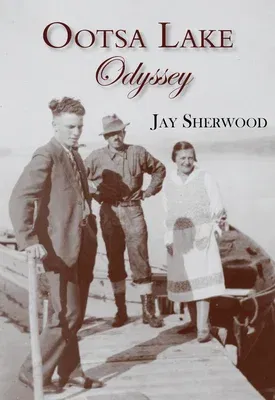From the 1920s to 1952, George and Else Seel lived about sixty
kilometres south of Burns Lake near the small farming settlement of
Wistaria on the western shore of Ootsa Lake. Like many early twentieth
century settlers who migrated to BC's Central Interior, the Seels came
in search of opportunity and prosperity, but the harsh environment posed
challenges they could not have imagined. The community was remote and
the winters were long, but eventually, along with their fellow settlers,
they learned how to live and thrive in this new world. They developed a
close connection to the land; helped each other in times of need; and
established collaborative relationships with the First Nations people
who lived around them.
The couple and their family lived at Ootsa Lake through the prosperity
of the late 1920s; subsisted during the Depression of the 1930s; and
experienced a rejuvenation during World War II and its aftermath. George
died in 1950, but Else remained until 1952, when their property was
flooded by the Nechako Reservoir as part of the Alcan project and she
was uprooted, like many of the Ootsa Lake settlers and Cheslatta First
Nations people.
George had spent his life as a prospector and trapper and Else as a
published writer. Together they documented a rich story of pioneer life
in a small Northern BC community before the demand for hydro power
changed their life and the valley forever.

